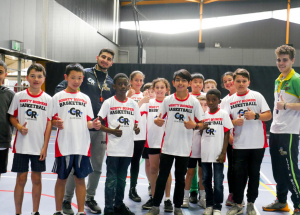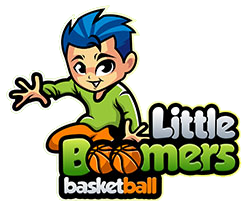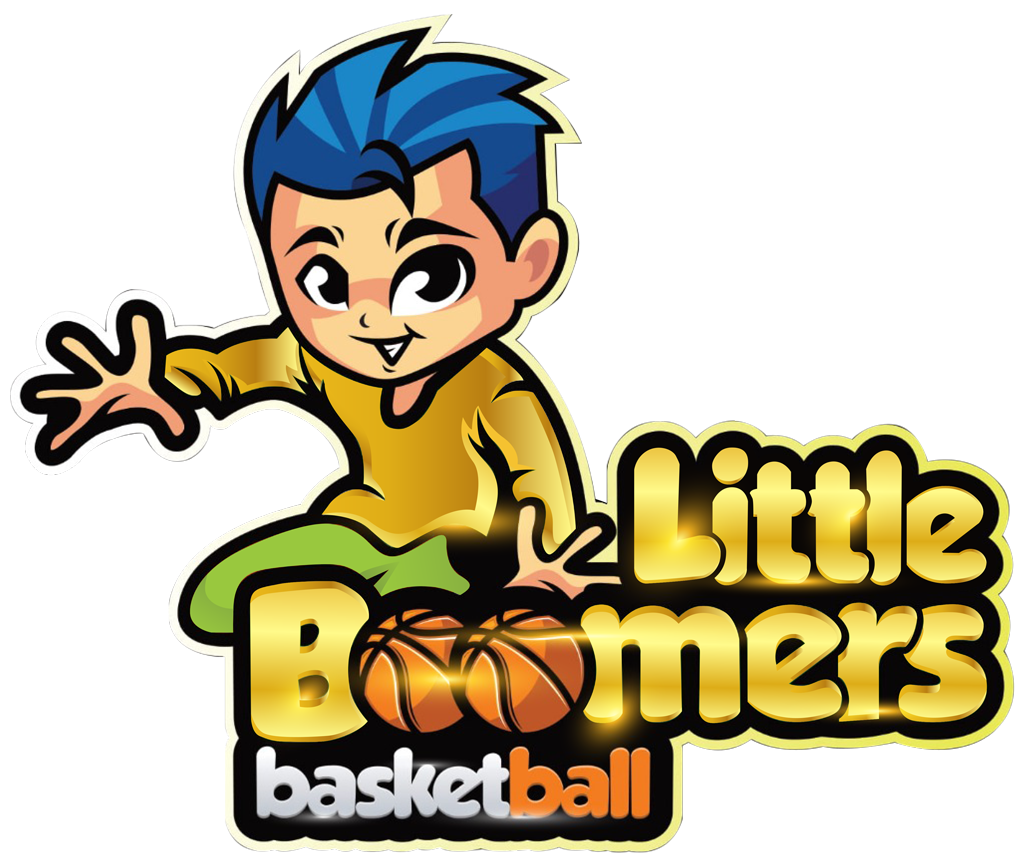Are Team Sports Good for Kids’ Psychology?
For thousands of years in every culture worldwide, children have always played sports. From the Mesoamerican ballgame in 1650 BCE to the basketball we know and love today, team sports have always played a key role in culture and childhood development.
Health Direct reports that children can see numerous emotional, social, and developmental benefits through participating in youth sports programs. Many of these benefits are well-known and self-explanatory. For example, most people are aware that children’s participation in sports can aid in a child’s development of determination, perseverance, and healthy exercise habits. However, there are plenty of other benefits that might not be as familiar to the general public.
Emotional Benefits
Exercising releases endorphins, which are essentially pleasure chemicals that your brain manufactures and distributes when you engage in physical activity. In other words, they’re biology’s reward for accomplishing tasks. Setting goals and seeing them through is an excellent way to get through life, as any adult will tell you, and dopamine is your brain’s way of letting you know you’ve done just that.
Research has also demonstrated that children who participate in sports programs have a better overall focus in class, better attitudes, and more positive outlooks on life. These benefits especially pertain to children who participate in team sports. In some cases, the emotional benefits are higher for children who play a team-based sport than an individual sport such as tennis, golf, swimming, or gymnastics. Let’s get into why that might be.

The Importance of Socialisation
As mentioned in previous articles, basketball and other team sports have excellent social benefits for children. Not only do children learn the basics of communication with one another, but they can also develop long-lasting friendships with their teammates. Socialisation is crucial for a child’s psychological development. While very young children are usually more interested in playing with their toys than one another, between the ages of 3-5, they start to value the company of other children. When this occurs, friendship can blossom as a result.
A child who doesn’t experience socialisation until later in life can suffer several consequences as a result, including an increased likelihood of shyness, lower self-esteem and confidence, and an unwillingness to take risks. Generally speaking, the younger a child is when they become comfortable around unfamiliar people in their peer groups, the sooner they’ll be willing to put themselves out there and make friends. That isn’t to say that it’s normal for every child to make friends with other children instantly. Some kids are naturally introverted or prefer to play alone. However, kids sports can sometimes crack the shell of a child who’s painfully shy and scared to approach other kids!
Psychological Benefits of Team Sports
Anyone who has viewed sports clips knows that team sports like basketball teach the values of teamwork, strategy, and sharing.
Sharing
Basketball is an excellent tool to teach children about the importance of sharing. No player is more disliked than the ball-hog, as other children might see them as show-offs or attention-seekers — even when they’re outstanding! Even the best players know that they have to move the ball around the court from player to player, but highly competitive teams that only care about winning sometimes ignore this rule.
Teamwork
At Little Boomers Basketball, we’re much more focused on developing the fundamentals of the game, which means putting a real focus on moving the ball, passing to your teammates, and having fun as a group! Team sports like cricket, rugby, baseball, and football also teach the importance of relying on your teammates to win together as a complete unit. Likewise, individual sports will teach athletes to depend on themselves. This isn’t necessarily a bad thing, but kids need a healthy balance of socialisation too!
Social Confidence
No matter how talented an athlete you are, team sports teach children that showing up and working at something is rewarding. In addition, when you and a group of like-minded peers are collectively working toward the same goal and seeing results, it can significantly boost your self-esteem. Kids must learn to recognise these feelings early, as self-confidence is key to establishing friendships and forming meaningful relationships.

Learn More About Us
At Little Boomers Basketball, we run several different basketball programs for children 3-12 years old. Our focus is on developing fundamental movement skills for children, giving kids a fun and safe environment to learn the game of basketball, and making their basketball sessions the highlight of their week. If you have any questions about what sort of programs we offer, we encourage you to consult our FAQ page, our home page or reach out and contact us directly with any questions you might have!
Phone Number: 1300702719
Email Address: [email protected]

